Fruit flies can be a big problem for your plants. They are small, annoying insects. They like to lay their eggs in the soil or on the leaves. This can hurt your plants. But don’t worry! There are many ways to get rid of them. This guide will help you find simple solutions.
Understanding Fruit Flies
First, let’s learn about fruit flies. They are tiny, usually about 1/8 inch long. They are often brown or yellow. They fly quickly and are hard to catch. Fruit flies are attracted to rotting fruit and vegetables. They also like moist soil in plants. Knowing this helps us understand how to control them.
Signs of Fruit Flies
How do you know if you have fruit flies? Look for these signs:
- Small flies flying around your plants.
- Sticky traps with flies caught on them.
- Brown spots on leaves.
- Small, white larvae in the soil.
If you see these signs, it is time to act.

Credit: m.youtube.com
Why Are Fruit Flies Bad for Plants?
Fruit flies can harm your plants in many ways. Here are some reasons:
- They lay eggs in the soil.
- The larvae feed on plant roots.
- They can spread diseases to your plants.
- They attract other pests.
It is important to get rid of them quickly.
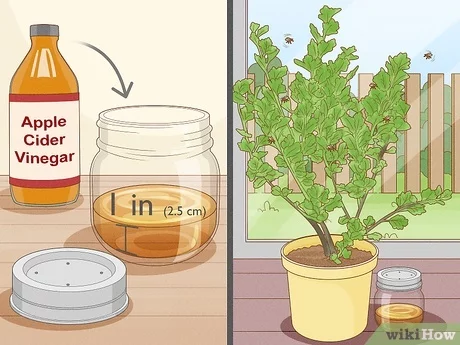
Credit: www.wikihow.com
Preventing Fruit Flies
The best way to deal with fruit flies is to stop them from coming. Here are some tips:
- Keep your plants clean.
- Remove any dead leaves or fruit.
- Do not overwater your plants.
- Use pots with good drainage.
- Cover the soil with a layer of sand.
These steps can help keep your plants healthy.
Getting Rid of Fruit Flies
If you already have fruit flies, don’t worry. Here are some easy methods to get rid of them:
1. Use Apple Cider Vinegar
Apple cider vinegar is a great trap. Here is how to use it:
- Take a small bowl.
- Fill it with apple cider vinegar.
- Add a few drops of dish soap.
The vinegar attracts the flies. The soap makes it hard for them to escape.
2. Make A Fruit Trap
You can also make a fruit trap. Here’s how:
- Take a piece of ripe fruit.
- Put it in a jar.
- Cover the top with plastic wrap.
- Make small holes in the wrap.
The flies will go in but cannot get out.
3. Use Sticky Traps
Sticky traps are another good option. You can buy them or make your own:
- Take a piece of yellow paper.
- Coat it with a sticky substance like honey.
Hang or place the trap near your plants. The flies will get stuck.
4. Introduce Beneficial Insects
Another method is to use beneficial insects. These insects can help control fruit flies:
- Ladybugs eat aphids and other pests.
- Predatory mites can eat larvae.
Adding these insects can help protect your plants.
5. Use Natural Sprays
You can also make natural sprays. Here are a few options:
- Mix water with a few drops of dish soap.
- Use neem oil spray on leaves and soil.
These sprays can help deter fruit flies.
When to Call a Professional
If you try these methods and still have problems, it may be time to call a professional. A pest control expert can help with more serious infestations. They will know how to deal with fruit flies safely.
Maintaining Healthy Plants
Keeping your plants healthy is key. Here are some tips:
- Water them properly.
- Give them enough sunlight.
- Use good soil.
- Fertilize as needed.
Healthy plants are less likely to attract pests.
Conclusion
Getting rid of fruit flies in plants is important. It helps keep your plants safe and healthy. By understanding fruit flies and using simple methods, you can control them. Remember to prevent them by keeping your plants clean. If you spot fruit flies, act quickly. Use traps or natural sprays. With care, your plants can thrive without these pests. Stay vigilant, and happy gardening!

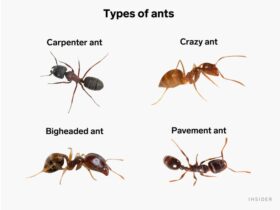
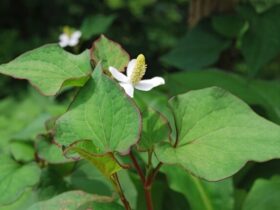
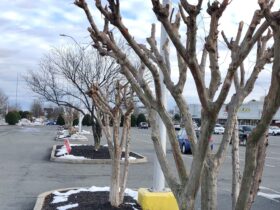

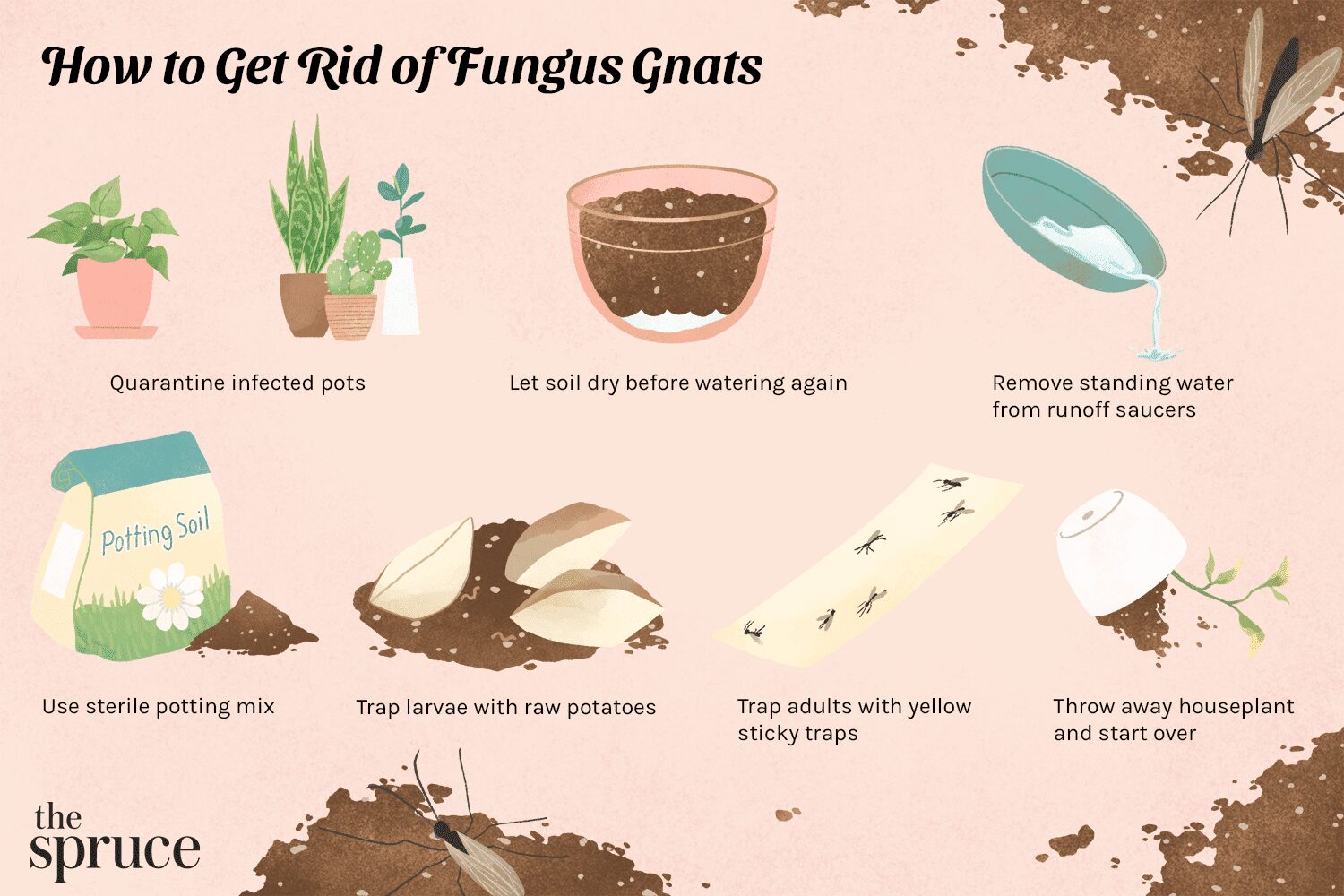
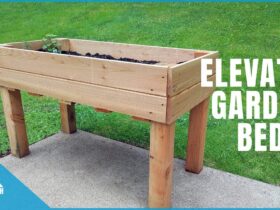
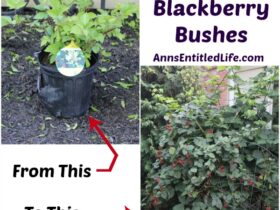

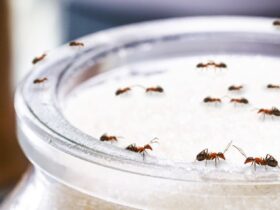

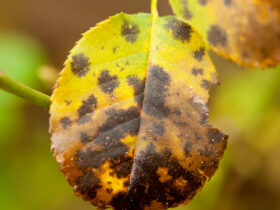

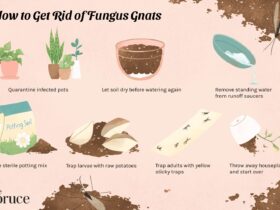
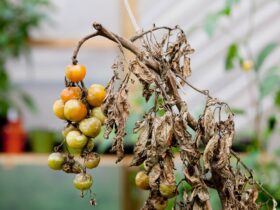
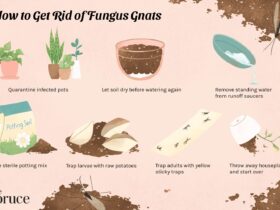

Leave a Review